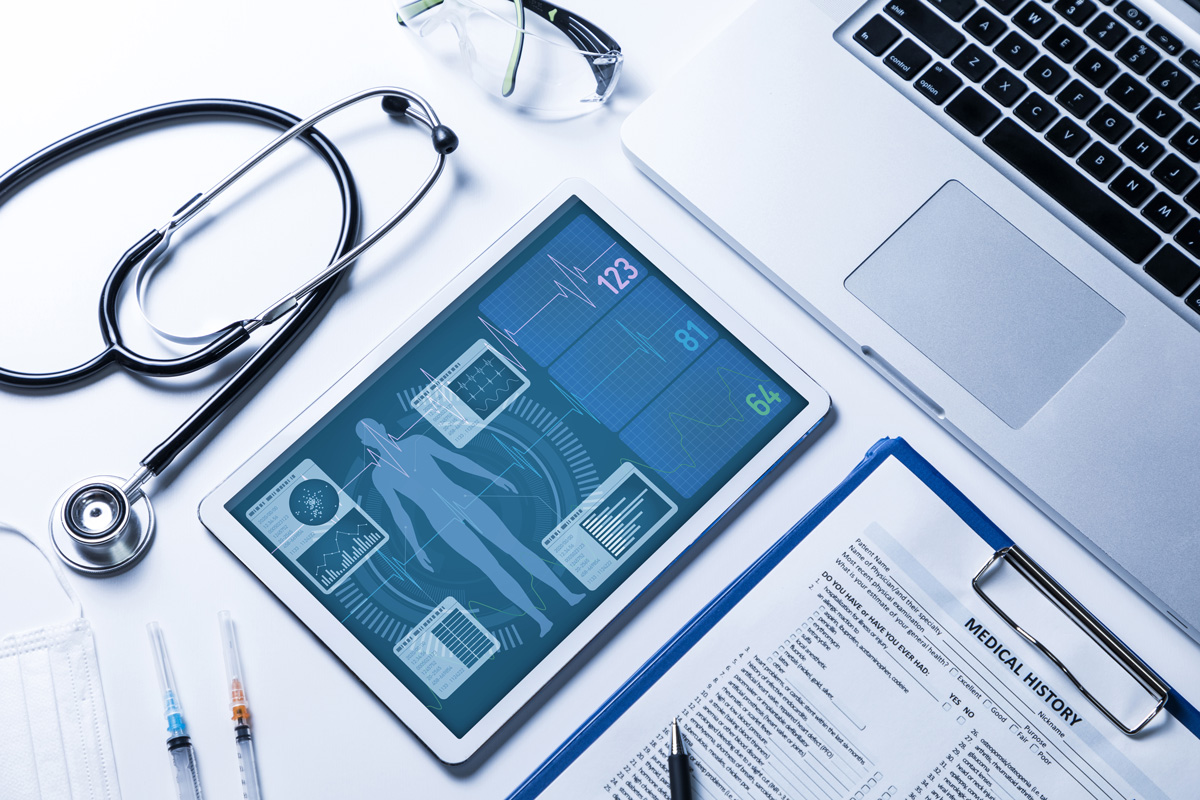Opening Remarks by Associate Professor James Alvin Low, Knowledge Translation Lead, GERI at the Knowledge-to-Practice Webinar on Electronic Health Records and Face-to-face Communication (1 Mar 23)
1 March 2023

Good afternoon to my distinguished colleagues, ladies and gentlemen. Welcome and thank you for joining us.
This is the second in a two-part series of our Knowledge-to-Practice webinars, where GERI and the NTU Ageing Research Institute for Society and Education (NTU-ARISE) have helped to organise and bring forward some of our research findings and scientific evidence via this platform. In the first webinar, we looked at cognition, memory and cognitive decline amongst older adults in Singapore.
Today, we will shift gears and focus on something that is close to and very important in healthcare practice in hospitals, in long-term care facilities and almost everywhere else. We are going to spotlight Electronic Health Records and communication in the context of caring for the older person and the older patient.
Before we go into this, I would like to step back and situate the concerns and themes of today’s discussion within the larger shifts that are happening in our healthcare system.
As we speak, Khoo Teck Puat Hospital (under) Yishun Health is undergoing a sea change in the software or the clinical management system that we use to manage the hospital. Some of you may understand some of the trials, tribulations and teething problems as we use a new system to care for our patients at large, and the elderly specifically.
There is a move towards relationship-based care, towards wellness and preventive care, and also towards moving care from the institutions to the patient’s own home and into the community. Population health is becoming very important.
There are many areas and practices in healthcare, but the thing that ties us together is the ability to communicate and connect. The HealthierSG initiative is also a case example of where we are moving towards, which is relationship-based care.
When we talk about relationships, it is really about communication, because the lifeline of all relationships has to do with effective communication. Communication is not only verbal, but also what is documented and what is written. Communication is multidimensional and encompasses everything—the interaction and connection between humans, people, places and so on.
Underpinning this national effort (towards relationship-based care) is the broader spirit of breaking down silos in our ecosystem – we know that we need to integrate things – and fostering greater interconnectedness.
One of the enablers for this is technology. Technology should not be an end in itself, but a means towards an end, which is to provide effective, precise and accurate communication between the various players and stakeholders in the healthcare system. Some examples would be the National Electronic Health Records that is being developed and the Next Generation Electronic Medical Records that is being introduced.
At the end of the day, what we hope to achieve out of all of this is to provide good, better and safer care for our patients, especially our elderly, in a patient-centred and cost-effective way. However, what also needs to be addressed, in particular, is how these forces of communication and technology shape the care of our older patients.
In parallel, for many of our seniors, their face-to-face interactions with their doctors still form the cornerstone of the patient-doctor encounter and healthcare experience. This is an area that cannot be abandoned or under-emphasised. At the end of the day, there is nothing like the personal encounter between the patient and the healthcare worker. Healthcare is predicated on and underpinned by these relationships.
Today’s webinar is therefore timely and relevant as it will address some these considerations, opportunities and challenges for our older patients, across traditional and electronic media. We will hear findings from collaborative research done by GERI and NTU-ARISE on harnessing text-mining analytics to predict readmission, as well as the nuances of patient-doctor interactions in our geriatric clinics.
We are also glad to have with us our guest speaker, Dr Lee Jer En (Head and Senior Consultant, Post-Acute and Rehabilitative Care) from Woodlands Health, who will bring us the acute-care perspective on the Electronic Health Records systems for seniors in the hospital. Dr Lee will discuss whether it is a boon or bane for the care of the older person.
Beyond patient care, this broader spirit of breaking down silos is also important in terms of research and academic work. Today’s webinar has been made possible precisely because GERI and NTU-ARISE came together five years ago, in the spirit of collaboration, to pursue research on the older person.
Since then, five joint projects have taken flight, and researchers from both institutes have carved out new, multidisciplinary and translatable knowledge to support our national eldercare practice and policy formulation.
On behalf of GERI, I would like to express my appreciation to NTU-ARISE for their support in working with GERI through the years, as well as all researchers for their dedication and hard work. I hope that the drive to collaborate, disseminate and translate this meaningful knowledge will continue beyond formalities, formal platforms and parameters. A special note of thanks also goes out to the organising team from NTU-ARISE and GERI.
With that, wishing everyone a fruitful afternoon of learning and knowledge exchange ahead. Thank you.
